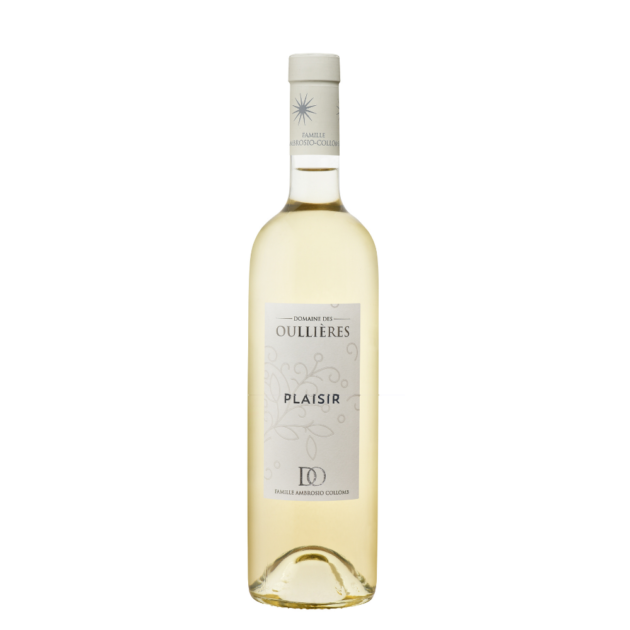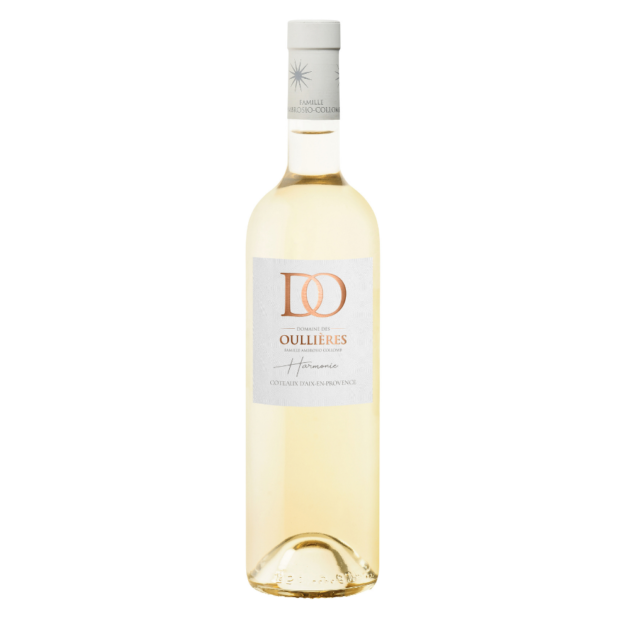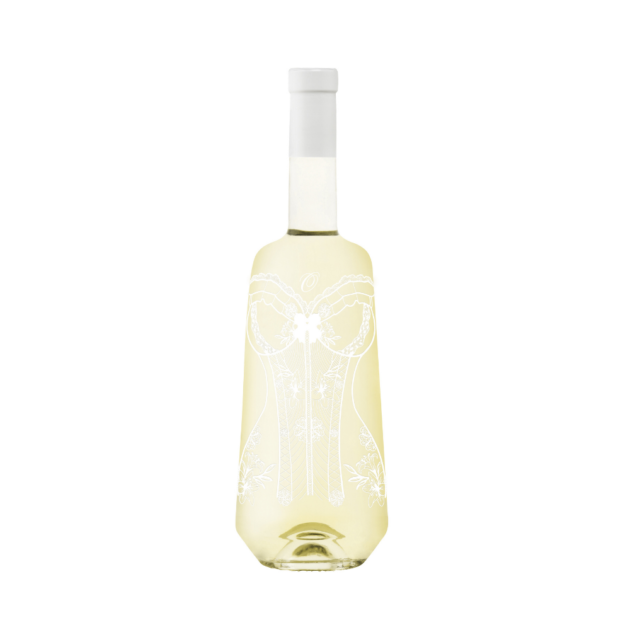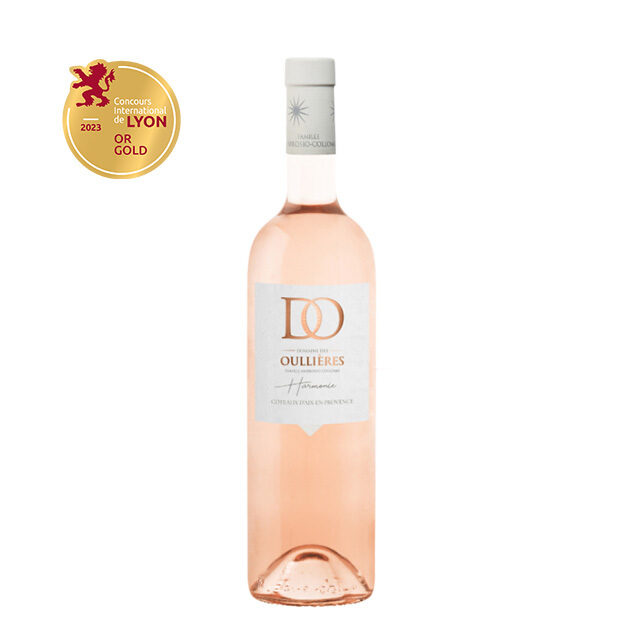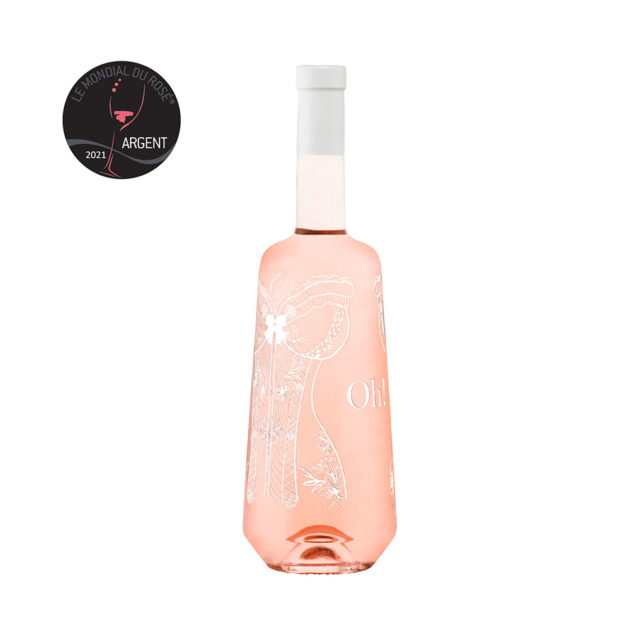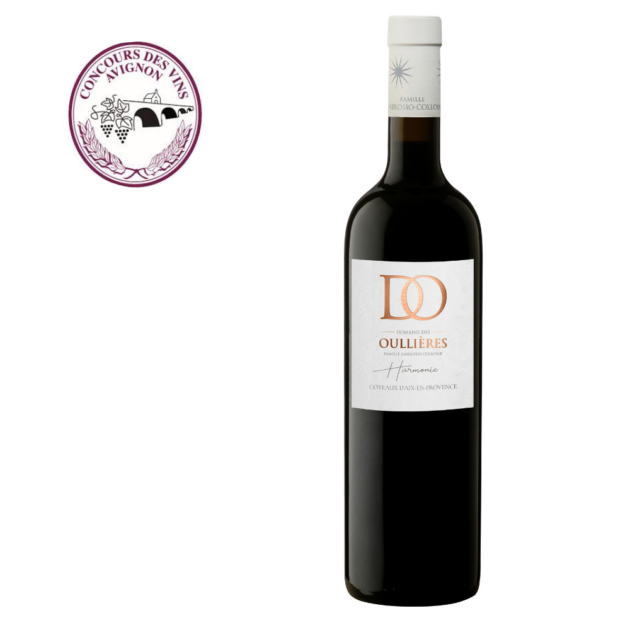Impact of drought on the vineyards in Provence
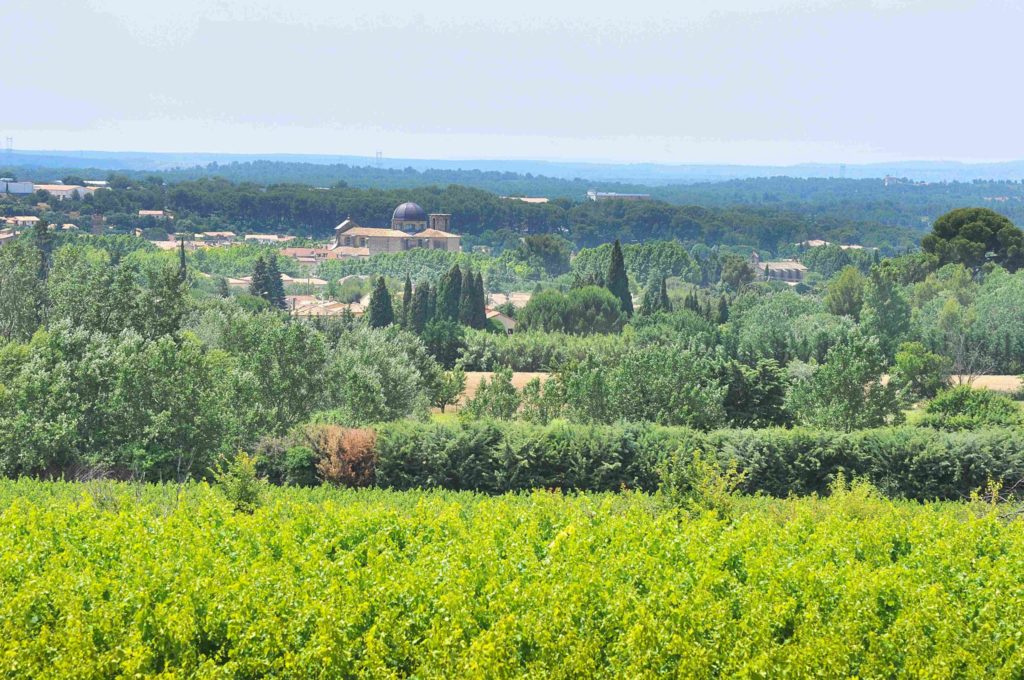
Impact of drought on the vineyards in Provence and growing concern. That’s how we begin this article, because the climate is changing. So, growers must adapt to increasingly high temperatures. Then, the lack of water is becoming more and more visible in our vineyards.
Impact of drought on the vineyards in Provence: understanding the causes
First of all, we need to understand the causes. So, the lack of rain over the past few years is weakening the vines. Next, groundwater supplies are not being replenished properly. Yet, the vine is a resilient plant. But climate change is making dry spells longer and more intense. Therefore, water stress is becoming a real concern.
Moreover, extreme heat increases evaporation. So, the soil dries out much faster. Then, the vine’s roots have to go deeper and deeper to find water. Yet, that is not always possible across all types of soil. Finally, this leads to a drop in vine vigour.
Multiple effects on wine
First of all, drought has a direct impact on the size of the harvest. So, yields decrease. Next, the grapes tend to be smaller. Yet, they are often richer in sugar. Then, the resulting wine is more alcoholic and less acidic. This in turn changes the profile of the vintages.
Moreover, tannins can become more astringent. So, red wines are sometimes less balanced than usual. Next, the winemaker must adjust their vinification methods. But these adjustments require skill and investment. Finally, drought really tests the grower’s expertise.
Adapting vineyards to these difficult conditions
First of all, it is important to find sustainable solutions. So, many growers are choosing to plant grape varieties that can tolerate heat. Then, others use drip irrigation to save water. But this option is costly and not every estate can afford it. Finally, some are also trialling cover crops between the vine rows. This can help reduce erosion and retain moisture in the soil.
Moreover, the timing of pruning and harvesting is being carefully reconsidered. So, everyone is doing their best to protect the vine’s growth cycle during heatwaves. Yet, that is not always enough. Finally, the impact of drought on the vineyards in Provence remains a growing concern for the entire wine industry.
In conclusion, the climate is changing, and winegrowers must constantly adapt. So, the impact of drought on the vineyards in Provence will be at the heart of future challenges. Yet this ongoing process also reflects the passion and courage of those who grow vines in our region. Finally, by innovating and working together, Provençal viticulture will overcome these trials.
